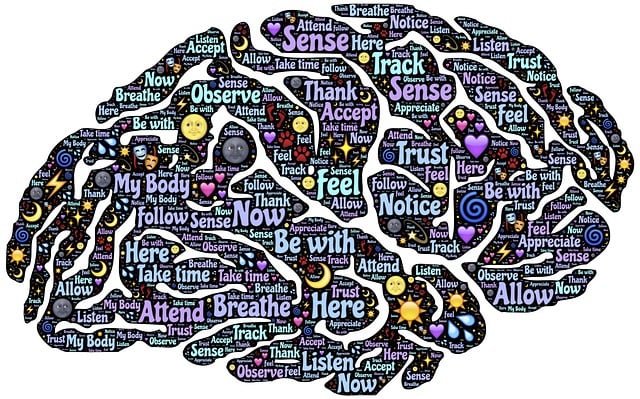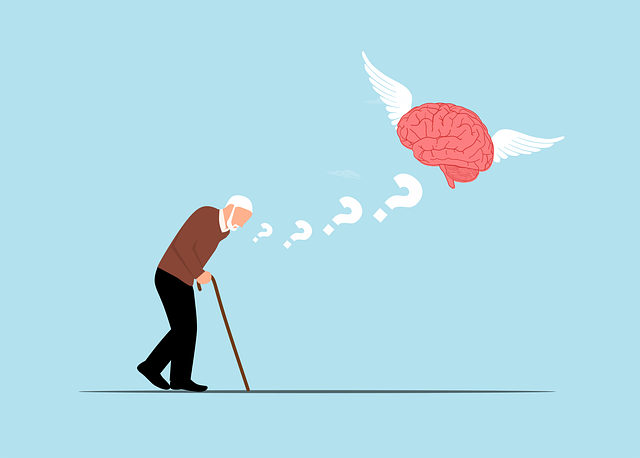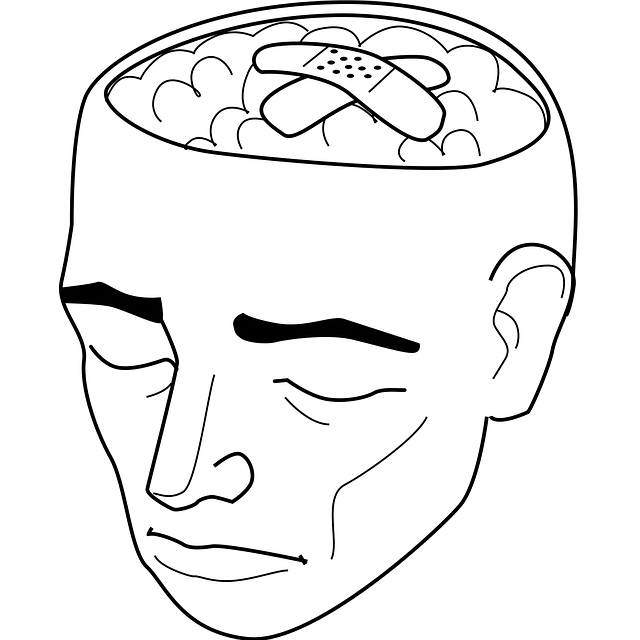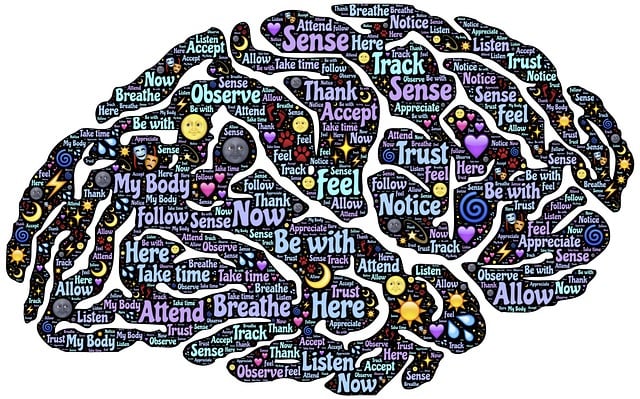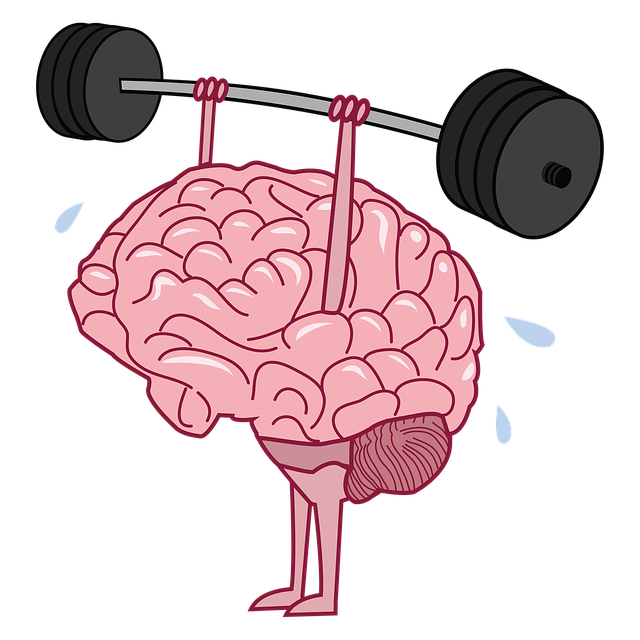Golden Interpersonal Issues Therapy is a comprehensive approach to self-care that addresses physical, mental, and emotional health in a stressed world. It emphasizes healthy relationships and communication as key tools, providing crisis intervention and risk management strategies for professionals. This therapy uncovers hidden conflicts, fosters open dialogue, and improves self-esteem, integrating with coaching programs and community outreach for supportive networks. By prioritizing daily self-care routines like exercise and mindfulness, individuals enhance stress management, emotion regulation, and assertive communication, leading to healthier relationships and improved quality of life.
In today’s fast-paced world, self-care is more crucial than ever for maintaining mental well-being. This article explores three key aspects of enhancing self-care practices. First, we delve into understanding self-care and its profound impact on mental health. Next, we introduce Golden Interpersonal Issues Therapy as a powerful tool for identifying personal challenges. Lastly, discover how integrating consistent self-care routines fosters lasting positive change.
- Understanding Self-Care and Its Impact on Mental Well-being
- Identifying Personal Interpersonal Issues through Golden Therapy
- Integrating Self-Care Routines for Lasting Change
Understanding Self-Care and Its Impact on Mental Well-being

Self-care is a fundamental practice that involves intentional activities aimed at maintaining or improving one’s physical, mental, and emotional health. It is not merely about taking breaks but rather adopting a proactive approach to enhance overall well-being. Understanding self-care is crucial in today’s fast-paced world, where stress and interpersonal issues are prevalent. Effective self-care strategies can significantly impact our mental health, fostering resilience and promoting positive coping mechanisms.
Golden Interpersonal Issues Therapy, for instance, emphasizes the importance of healthy relationships and effective communication as a form of self-care. This therapy provides tools for crisis intervention guidance, helping individuals navigate challenging situations and build coping skills. Moreover, integrating risk management planning for mental health professionals into one’s routine ensures a supportive environment where practitioners can prioritize their well-being, ultimately benefiting their clients through improved service delivery. Mental health policy analysis and advocacy also play a vital role in creating systemic changes that support self-care practices, ensuring accessibility to resources and services.
Identifying Personal Interpersonal Issues through Golden Therapy

Many personal and interpersonal issues often go unnoticed or unaddressed, but Golden Interpersonal Issues Therapy offers a powerful tool for identification and resolution. This therapeutic approach delves into the intricate web of relationships and communication patterns, helping individuals uncover hidden conflicts or misunderstandings that may be impacting their mental wellness. Through skilled guidance, therapy facilitates open dialogue, fostering an environment where folks can explore and express their feelings honestly.
By integrating this technique, self-esteem improvement becomes more accessible as it encourages individuals to confront and overcome personal challenges rooted in interpersonal dynamics. Additionally, the development of Mental Wellness Coaching Programs and Community Outreach Program Implementation can be enhanced, creating supportive networks that encourage vulnerability, empathy, and growth among participants.
Integrating Self-Care Routines for Lasting Change

Integrating self-care routines is a key aspect of achieving lasting change in one’s life and well-being. It involves making conscious efforts to nurture your physical, mental, and emotional health on a daily basis. This process requires dedication and consistency, as it’s not just about occasional spa days or short-term fixes; instead, it’s about establishing habits that support your overall growth and resilience. By incorporating practices like regular exercise, mindfulness meditation, or journaling, individuals can effectively manage their mood and interpersonal relationships.
Golden Interpersonal Issues Therapy emphasizes the importance of self-care in resolving conflicts and improving communication skills. Through learning effective conflict resolution techniques, one can better navigate challenging situations, fostering healthier connections with others. By prioritizing self-care practices, individuals become more equipped to handle stress, regulate emotions, and express their needs assertively, ultimately enhancing their relationships and overall quality of life.
Incorporating self-care practices, such as Golden Interpersonal Issues Therapy, into our daily lives can significantly enhance mental well-being. By understanding our personal needs and integrating sustainable routines, we can achieve lasting positive change. This journey of self-improvement not only benefits our minds but also enriches our overall quality of life. Remember, taking care of ourselves is a powerful tool for navigating life’s challenges and cultivating happiness.

